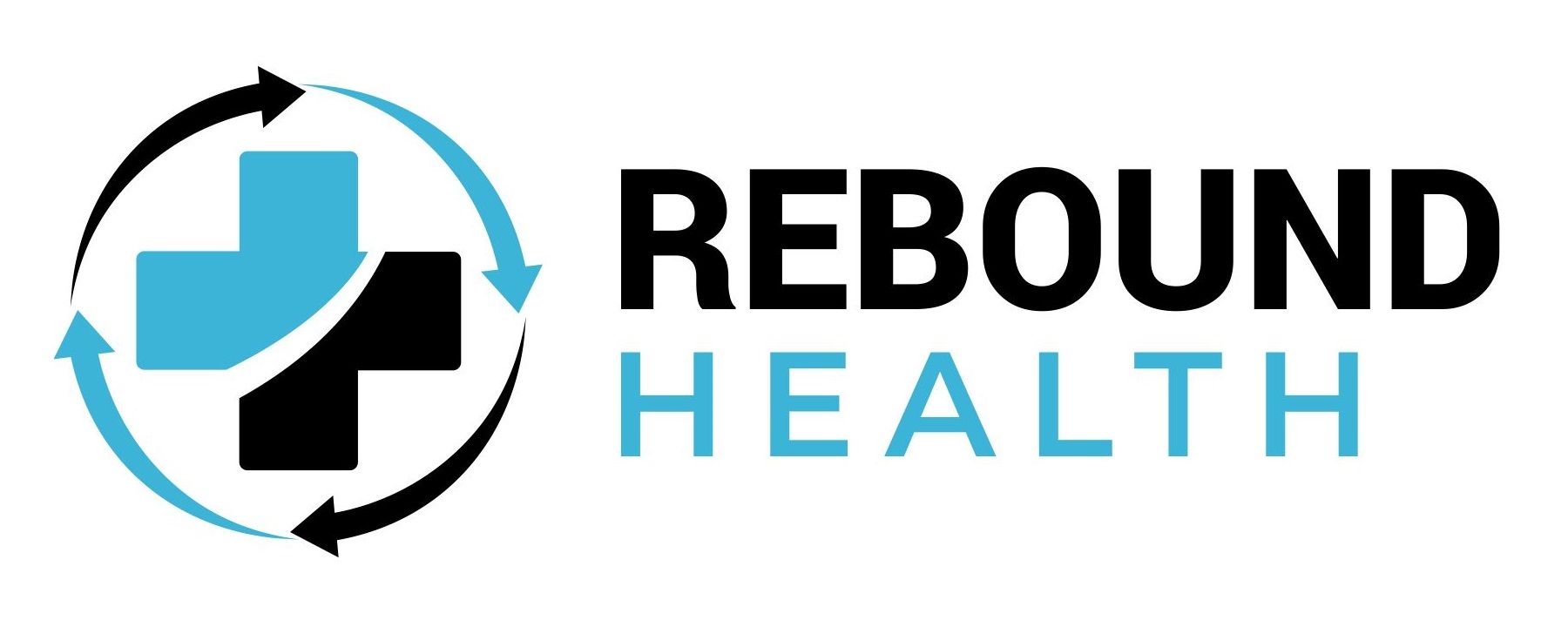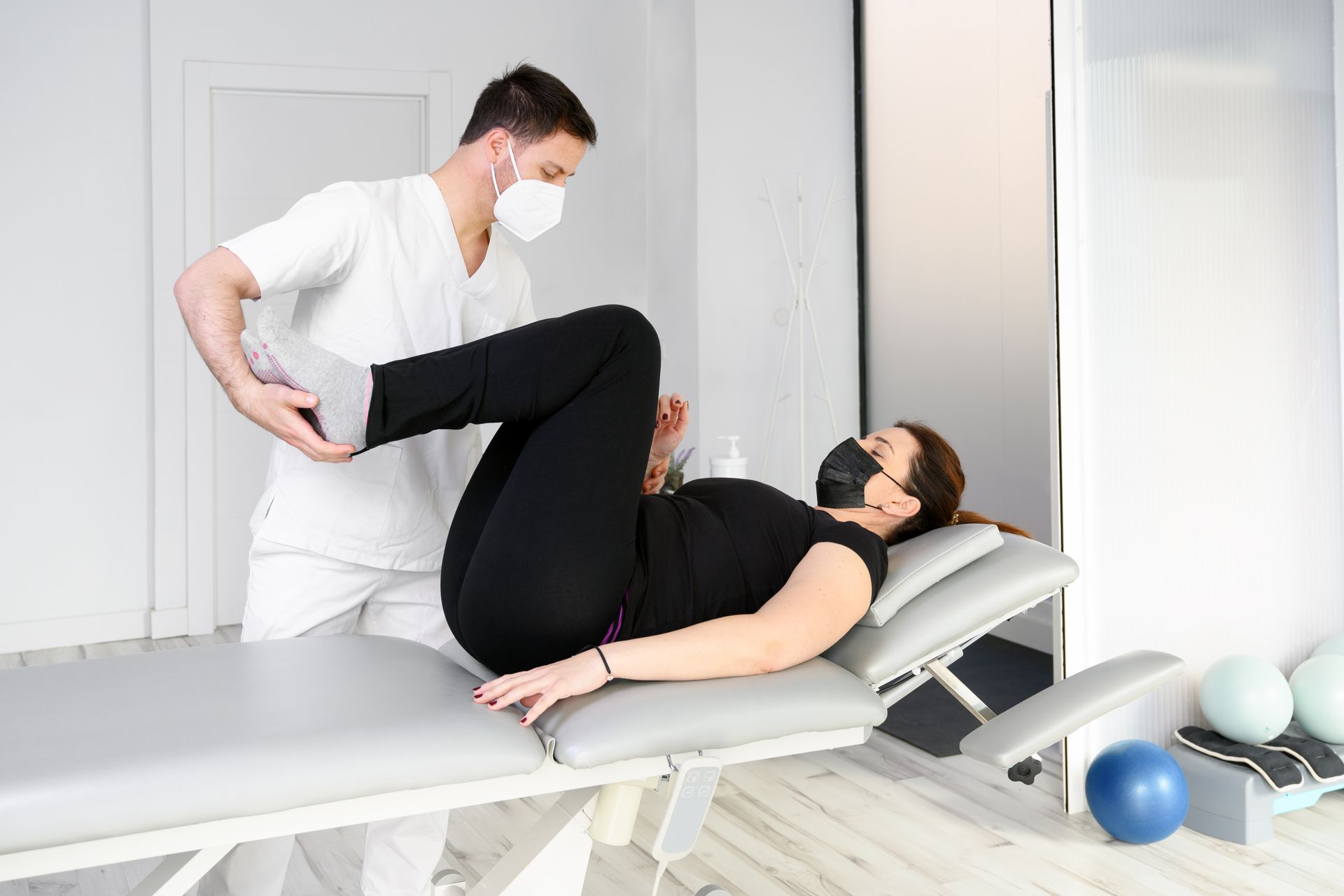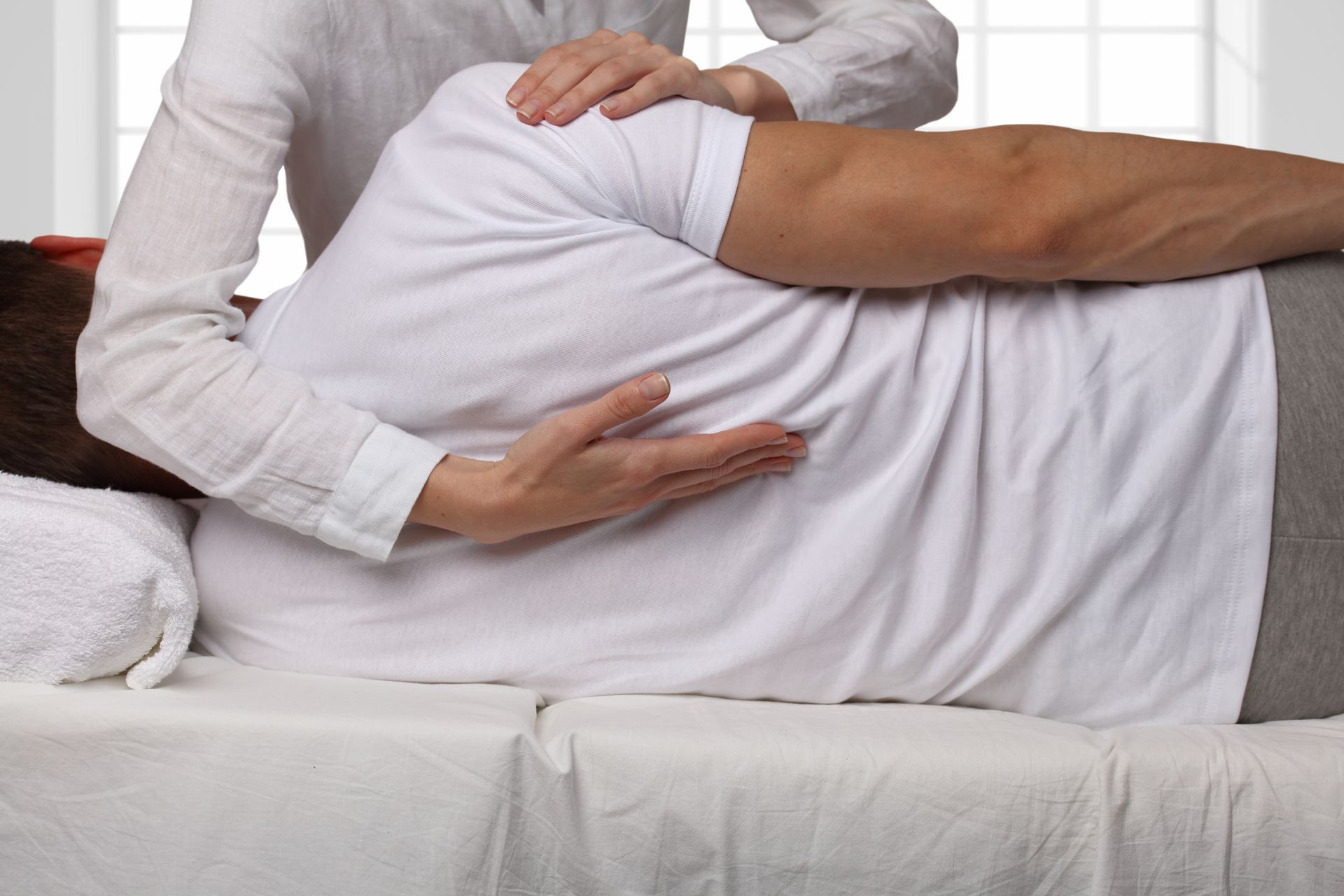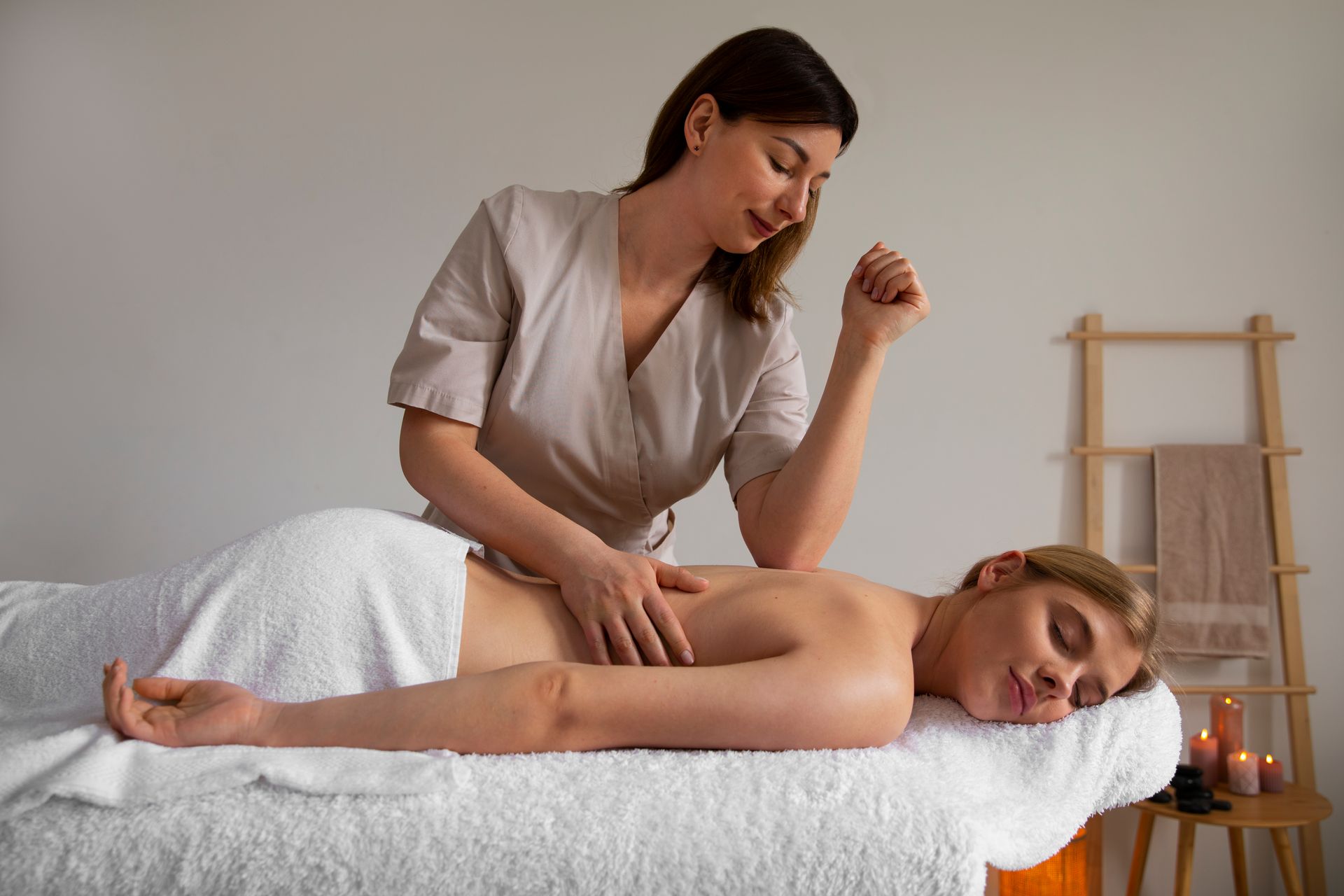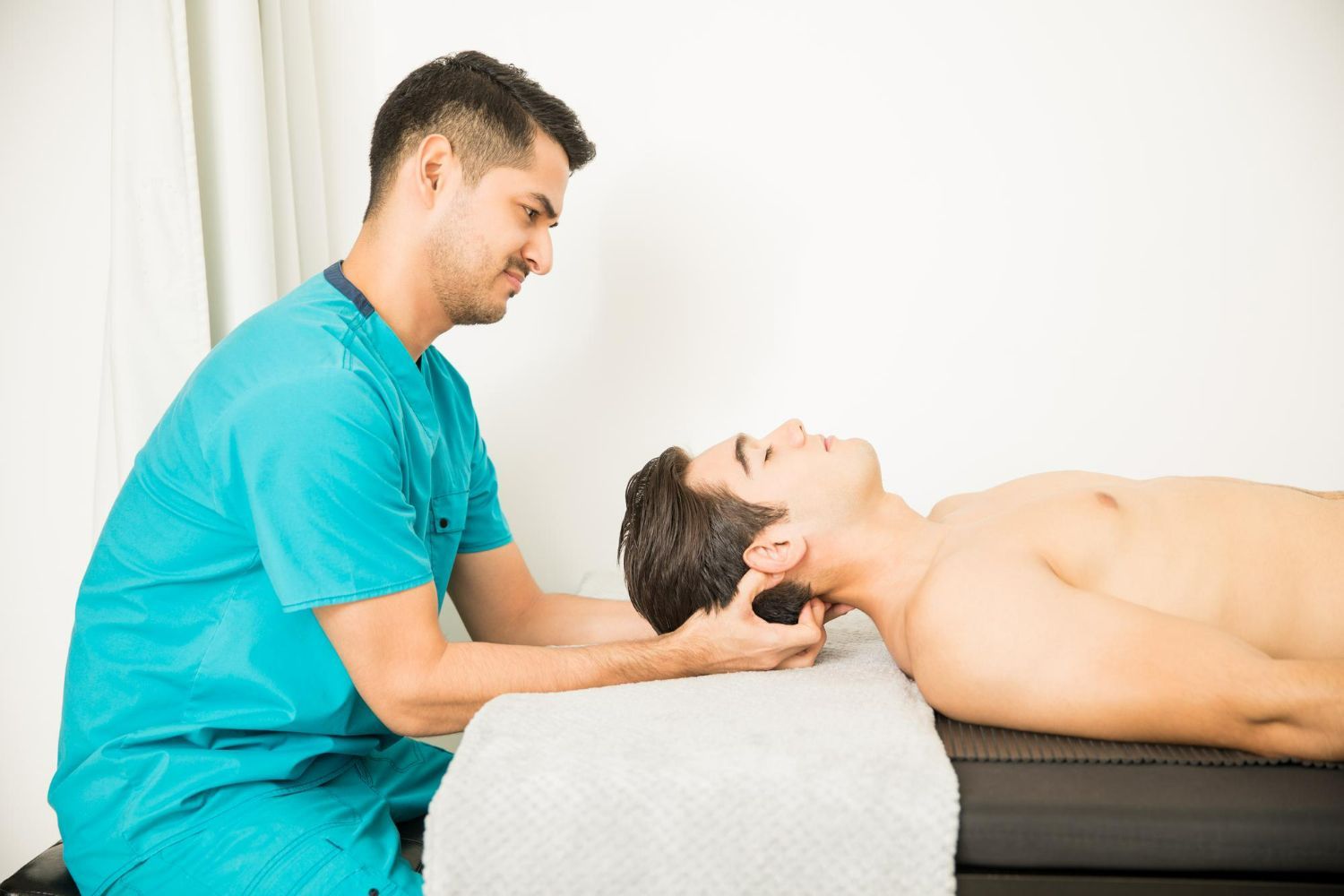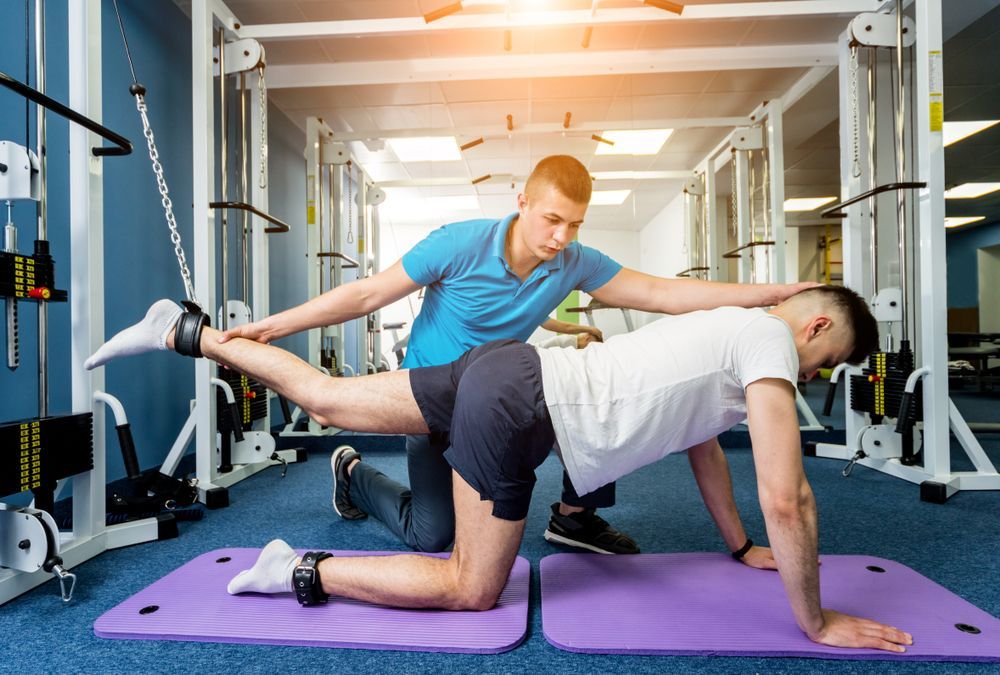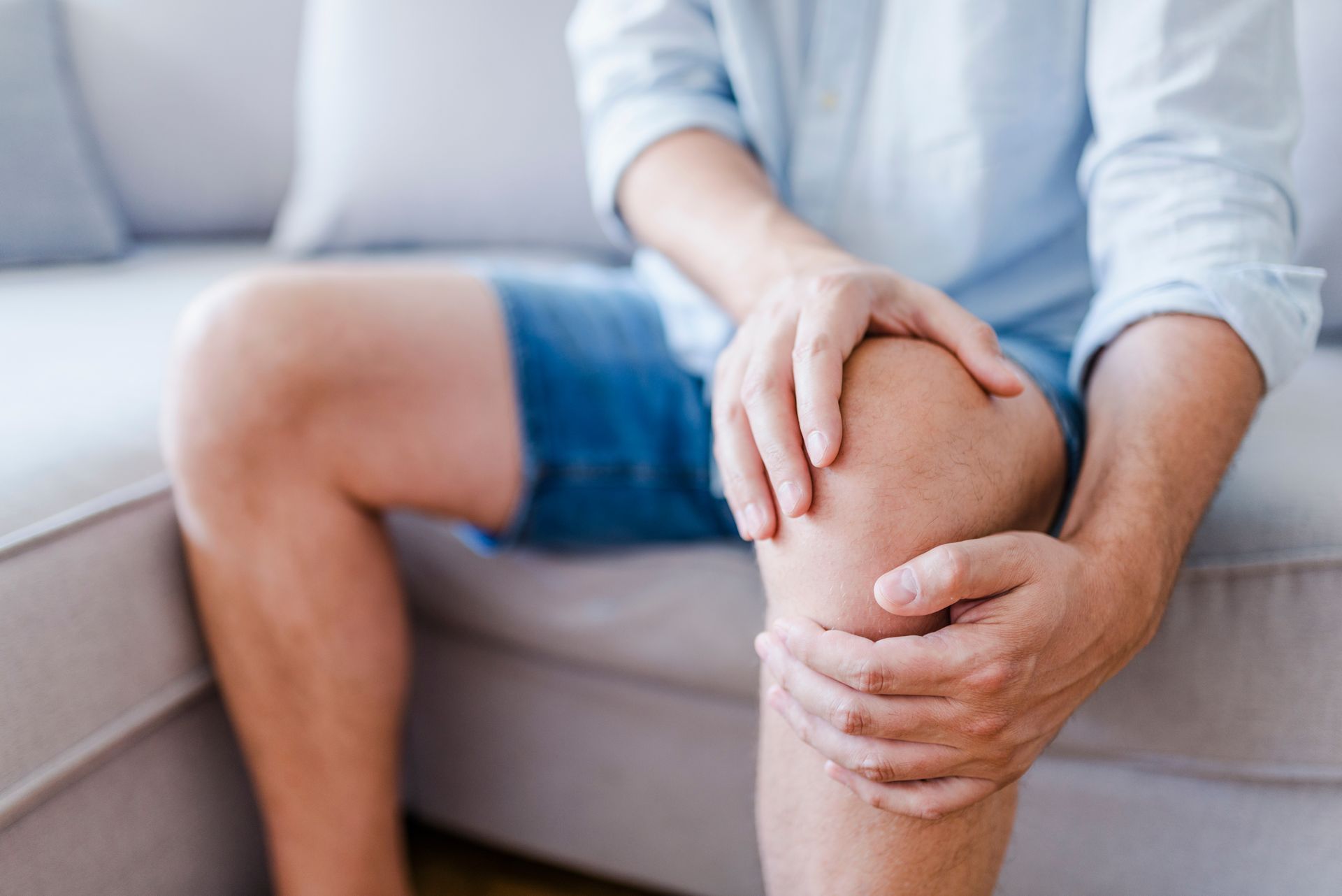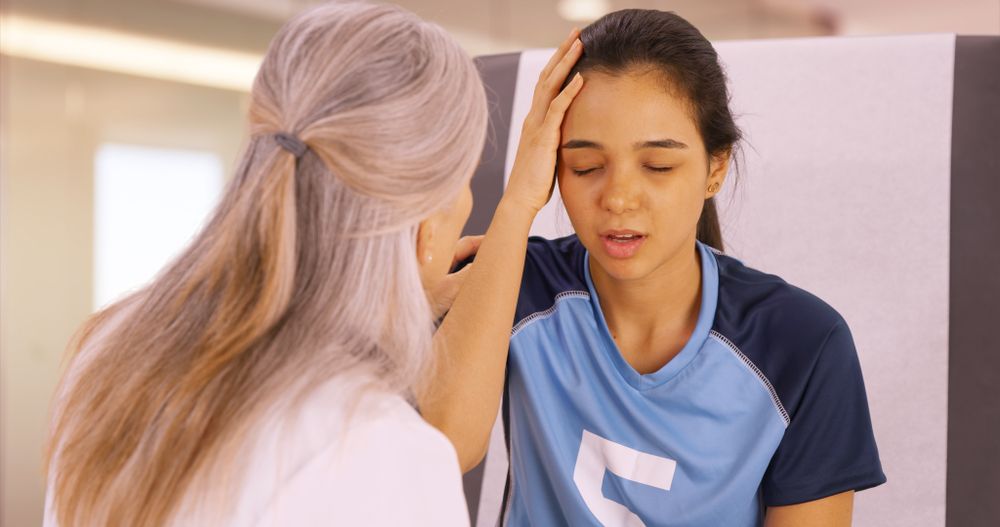Sleep Modifications: A Crucial Aspect of Post-Concussion Recovery
Living through a concussion can be a challenging and unsettling experience, often causing disruptions in several aspects of daily life, including sleep. Sleep is an essential factor in concussion recovery, but unfortunately, post-concussion syndrome can cause an array of sleep-related problems.
At
Rebound Health Centre Ltd., we understand the critical role of proper sleep during the recovery process, and we have designed a comprehensive program to help patients manage sleep disorders associated with concussions.
Why is Sleep Important for Concussion Recovery?
Sleep is when our bodies engage in essential repair and recovery functions. It allows the brain to consolidate memory, process information, and restore energy levels. Following a concussion, getting sufficient high-quality sleep provides the brain with the necessary downtime to heal and recover. However, research shows that up to 50% of individuals experience sleep disturbances following a concussion, complicating the recovery process.
Sleep Disorders Associated with Concussions
Different sleep disorders can emerge following a concussion. These may include:
1. Insomnia: this refers to difficulty falling asleep or staying asleep.
2. Hypersomnia: excessive sleep or sleepiness during the day.
3. Sleep Apnea: disrupted breathing during sleep, leading to frequent waking.
4. Circadian Rhythm Disorders: disruptions in the body's internal clock, causing sleeping and waking at inappropriate times.
Sleep Modifications: A Key Aspect of Concussion Rehab
At Rebound Health Centre, our multidisciplinary concussion rehab program includes interventions to address sleep disturbances. We understand that each patient's needs are unique, and we adapt our strategies based on individual symptoms and experiences. Here are a few sleep modifications that we often recommend:
1. Establish a Sleep Routine: Consistent sleep and wake times can help reset the body's internal clock, reducing symptoms of insomnia and circadian rhythm disorders.
2. Create a Sleep-Friendly Environment: A dark, quiet, and cool room can significantly improve sleep quality.
3. Limit Screen Time Before Bed: The blue light emitted by screens can interfere with the body's release of melatonin, the hormone responsible for sleep.
4. Practice Relaxation Techniques: Mindfulness activities such as deep breathing and meditation can help reduce anxiety, a common cause of insomnia following a concussion.
The Role of Our Multidisciplinary Team
Our multidisciplinary team understands that sleep disturbances can have far-reaching impacts on a patient's life post-concussion. We use a comprehensive approach to address these disturbances, using strategies that range from medication management to cognitive-behavioral therapies. Our certified concussion specialists work alongside sleep medicine experts to provide the best care for our patients.
We aim to promote overall well-being and recover the disrupted sleep patterns of our patients by using evidence-based techniques. In addition to implementing the above sleep modifications, we also address other concussion symptoms such as headaches, dizziness, and cognitive difficulties that might interfere with sleep.
Final Thoughts
Sleep disturbances following a concussion can complicate the recovery process, making it even more challenging for patients to return to their normal lives. Fortunately, with the right guidance and interventions, patients can manage these disturbances and improve their recovery outcomes.
At Rebound Health Centre Ltd., we are committed to providing our patients with all the resources they need to navigate through their post-concussion recovery journey, including managing sleep disturbances. Our collaborative approach ensures that you receive care that addresses your specific needs and targets the root causes of your health issues.
Your sleep is as important to us as it is for your recovery. Allow us to guide you on your journey to optimal health. Don't just bounce back from your concussion, rebound with resilience and strength with our expert guidance.
Call us today at Rebound Health Centre Ltd. to schedule a consultation and learn more about how our comprehensive concussion rehab services can help you.
REBOUND HEALTH WEST
Address
Phone
Business Hours
- Mon - Thu
- -
- Friday
- -
- Sat - Sun
- Closed
Rebound Health South
Address
Phone
Business Hours
- Mon - Wed
- -
- Thursday
- -
- Friday
- -
- Sat - Sun
- Closed
Rebound Health North
In the Lethbridge Fitness Club
Address
Phone
Business Hours
- Monday
- -
- Tuesday
- Closed
- Wednesday
- -
- Thursday
- -
- Friday
- -
- Sat - Sun
- Closed
Rebound Health Taber
Address
Phone
Business Hours
- Mon, Tue, Thu
- -
- Wed, Fri
- Closed
- Sat - Sun
- Closed
